Epigenetics and Cancer research group focuses on the investigation for epigenetic regulations in normal cells and in cancerous cells and conducts many more studies for new cytotoxic drugs (including natural and synthetic compounds) on cancer cells. These studies include 1) epigenetic regulation of anastasis mechanism in normal and cancerous cells (granted by The scientific and Technological Research Council of Turkey, TUBITAK 3501), 2) the cytotoxic effects of synthetic organic / inorganic compounds or natural mixtures [such as bee venom) on cancer cells with higher specificity (granted by TUBITAK 1002 or KTU Projects Unit), 3) the effects of some plant mixtures on cancer cells, and 4) compatibility of some biomaterial compounds with human cells, 5) discovery of new epigenetic drugs for epigenetic reader protein, BRD4 (granted by TUBITAK 1001), and 6) epigenetic reprogramming in normal cells during aging.
The head of the group is Associate Professor Selcen CELIK UZUNER, and her major is molecular biology and genetics specificized with mammalian cell culture and epigenetics. The group currently has one post-Doc, one PhD student and 7 master’s students, with more than 10 graduate students, and 3 international fellows for a short time in the past.
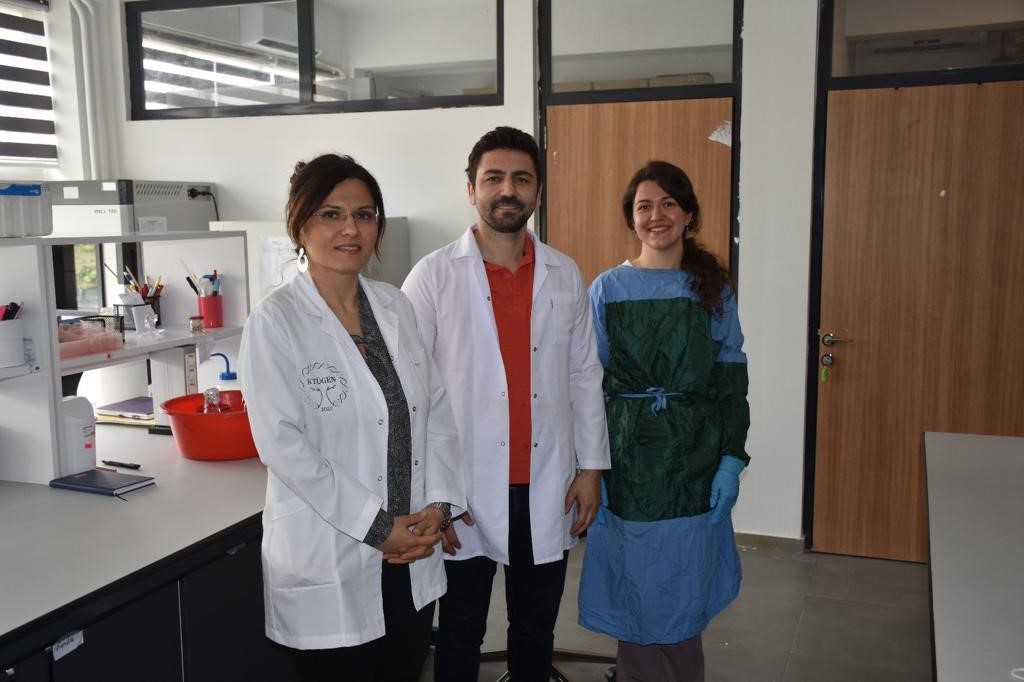
Associate Professor Selcen CELIK UZUNER (Head of Group)
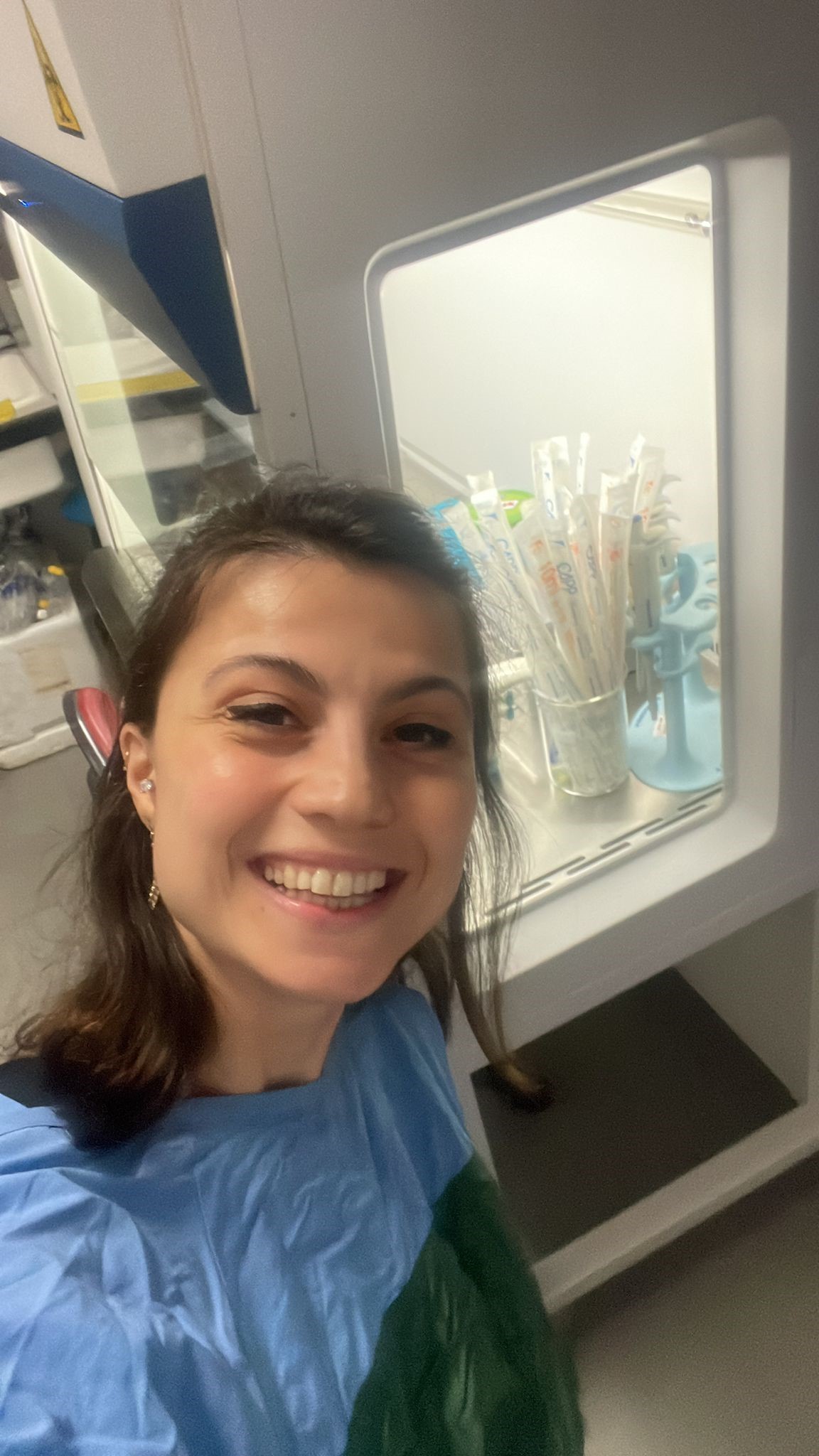
Associate Professor Elif AYAZOGLU DEMIR (post-Doc)

Sinan TETIKOGLU (PhD student)
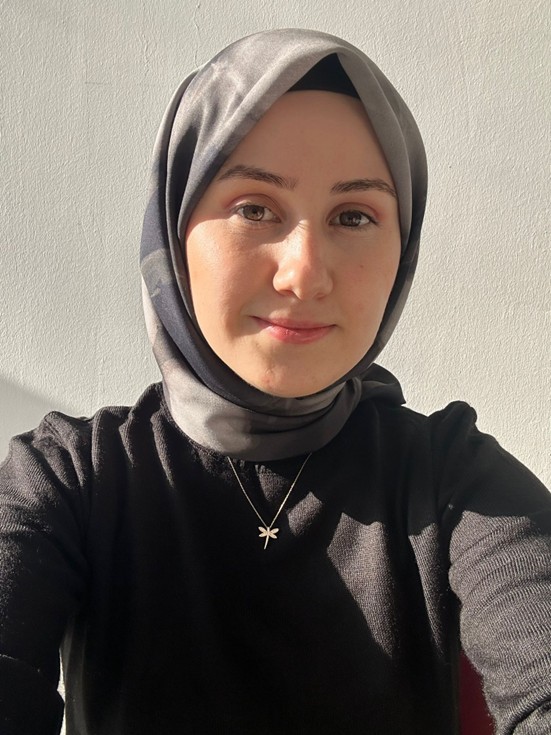
Semra KARADENIZ(Masters Student)

Dilara OZTURK (Masters Student)
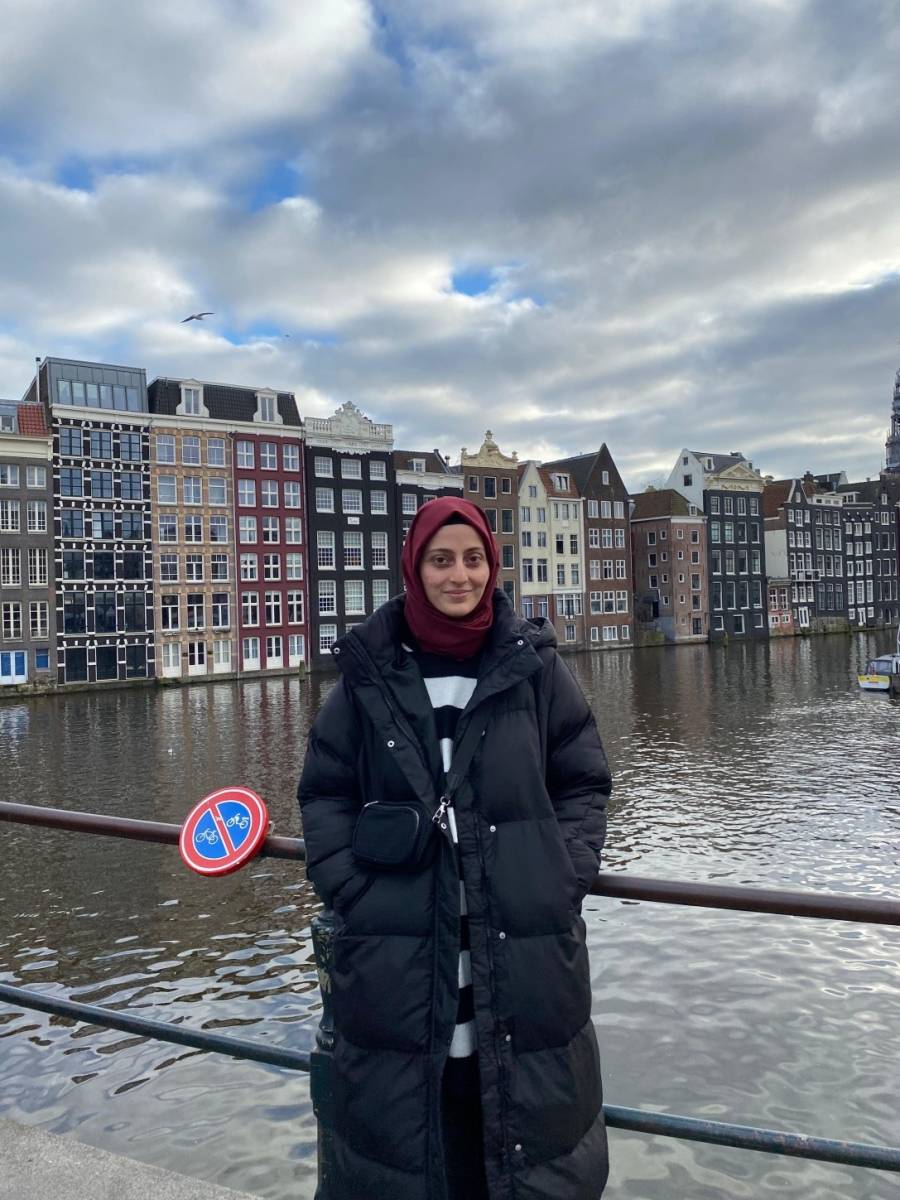
Sümeyye CELEBI (Masters Student)

Gülçin KOSE (Masters Student)

Sevde Nur UCUNCU (Masters Student)
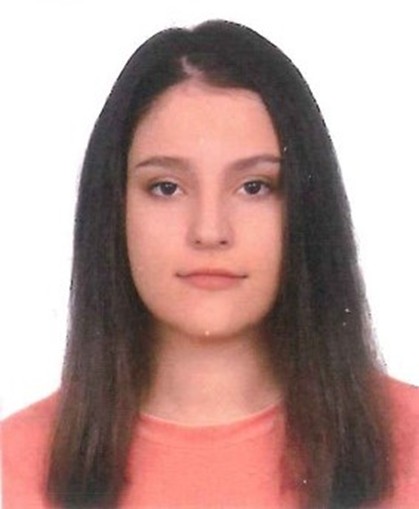
Perihan Mutlu ERDOGAN (Masters Student)
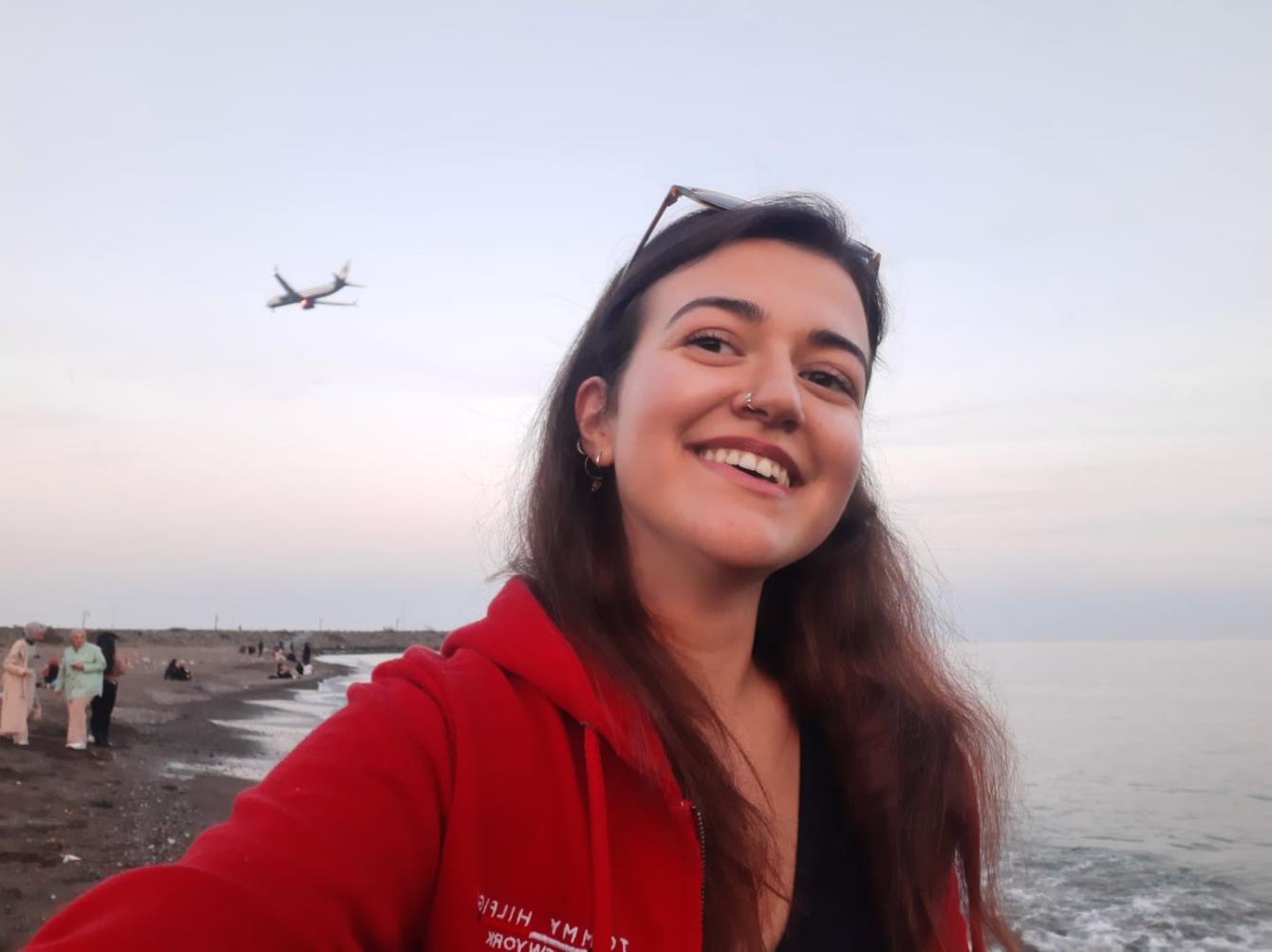
Esra GURBUZ (Masters Student)
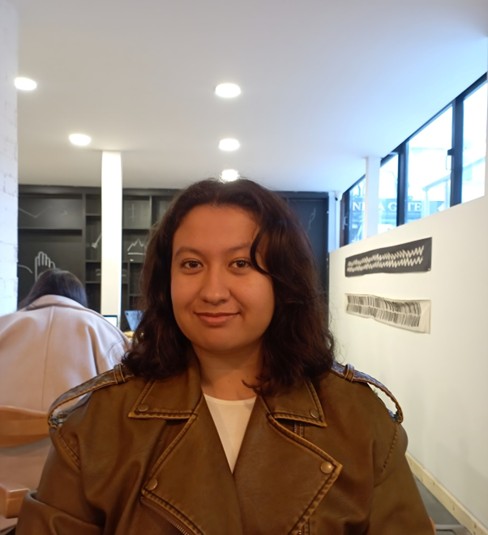
Sinem OGUZ (Undergraduate Student)
Graduated members


Nur Sena SIVRI (Masters student Ertuğrul KUTLU (Masters student )
GROUP PHOTOS
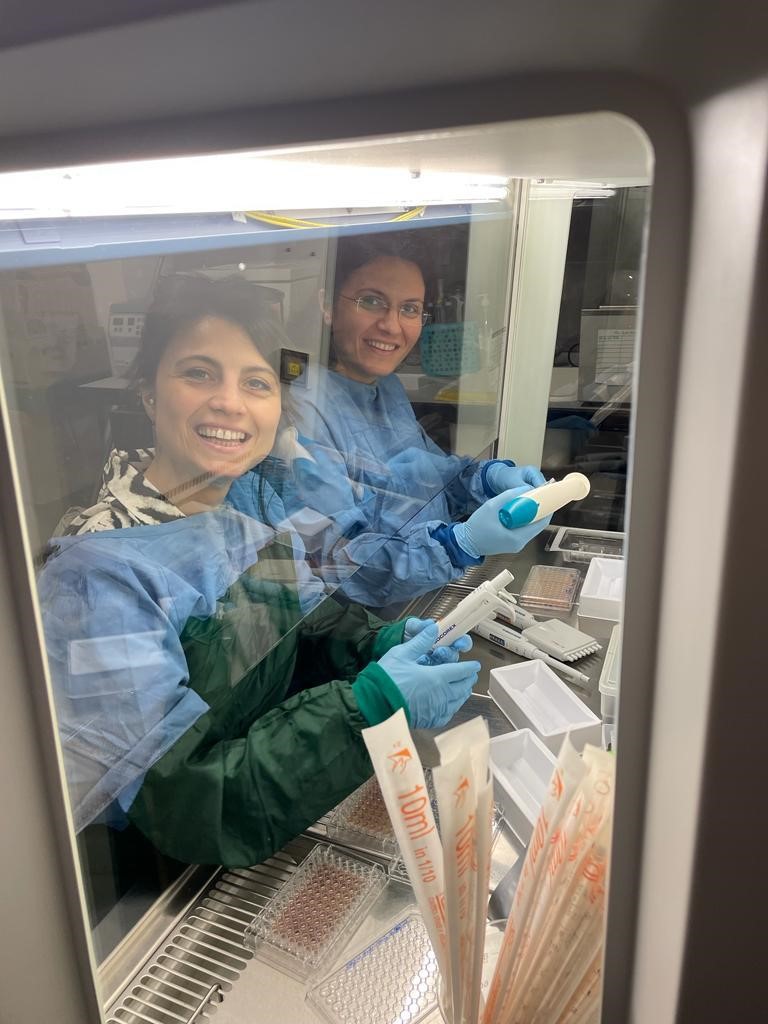
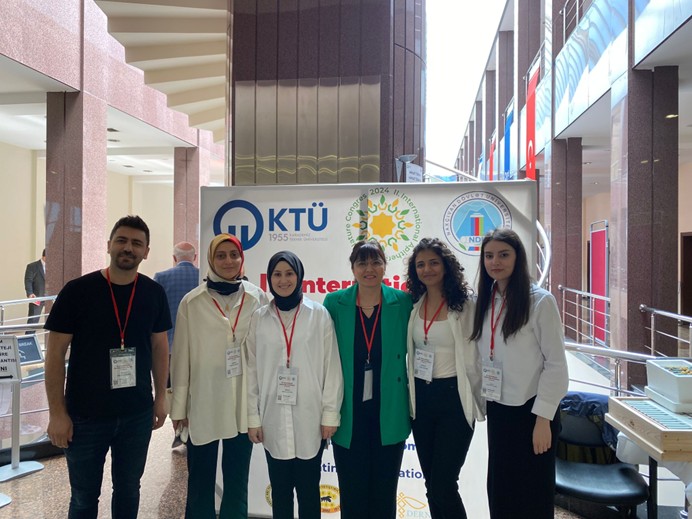
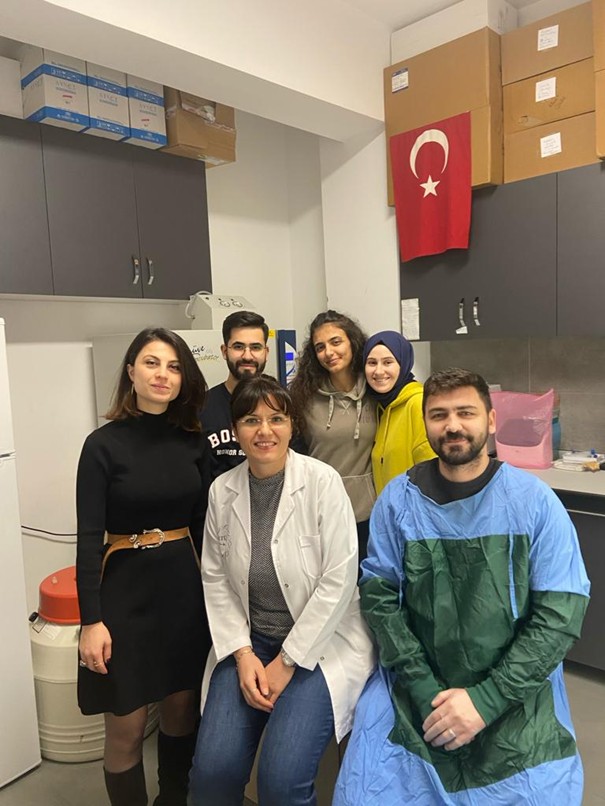
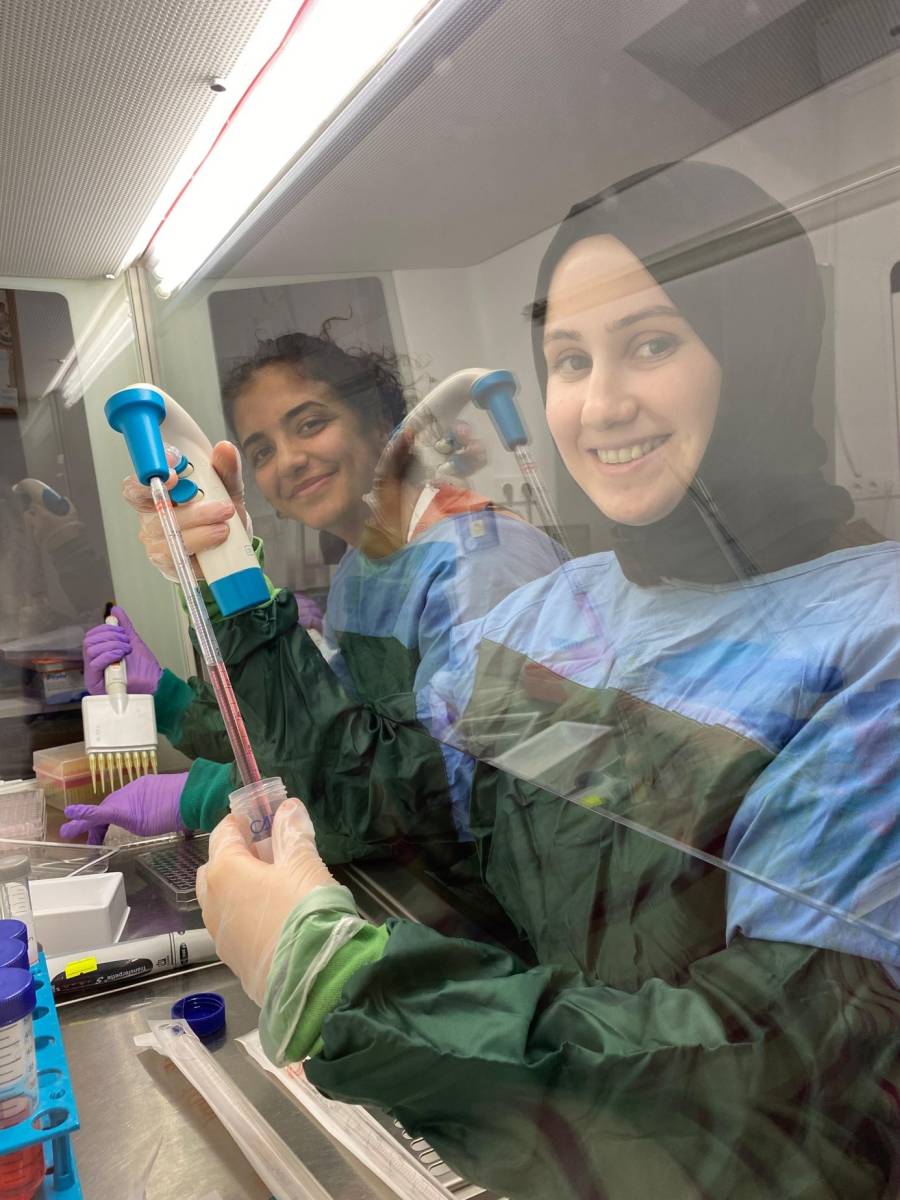
Selected Publications
-
Selected Publications
- Uzuner, U., Akkus, E., Kocak, A., & Çelik Uzuner, S. (2023). Exploring epigenetic drugs as potential inhibitors of SARS-CoV-2 main protease: a docking and MD simulation study. Journal of Biomolecular Structure and Dynamics, 1-12.
- Tetikoğlu, S., & Çelik?Uzuner, S. (2023). Bee Venom Induces the Interaction between Phosphorylated Histone Variant, H2AX, and the Intracellular Site of beta?Actin in Liver and Breast Cancer Cells. Chemistry & Biodiversity, 20(6), e202300401.
- Kara, Ş., Ayazoglu Demir, E., Celik Uzuner, S., & Akcan, M. (2023). Enhancing the Stability of Tumor Homing LyP-1 Peptide Using Cyclization and Retro Grafting Strategies. International Journal of Peptide Research and Therapeutics, 29(2), 30.
- Ghahramanzadeh Asl, H., Celik-Uzuner, S., Uzuner, U., Sert, Y., & Küçükömeroğlu, T. (2022). The effect of friction stir process on the mechanical, tribological, and biocompatibility properties of AZ31B magnesium alloy as a biomaterial: A pilot study. Proceedings of the Institution of Mechanical Engineers, Part H: Journal of Engineering in Medicine, 236(12), 1720-1731.
- Cakmak, U., Oz-Tuncay, F., Basoglu-Ozdemir, S., Ayazoglu-Demir, E., Demir, I., Colak, A., ... & Yildirim, N. (2021). Synthesis of hydrazine containing piperazine or benzimidazole derivatives and their potential as α-amylase inhibitors by molecular docking, inhibition kinetics and in vitro cytotoxicity activity studies. Medicinal Chemistry Research, 30(10), 1886-1904.
- Uzuner, S. Ç., Birinci, E., Tetikoğlu, S., Birinci, C., & Kolaylı, S. (2021). Distinct epigenetic reprogramming, mitochondrial patterns, cellular morphology, and cytotoxicity after bee venom treatment. Recent Patents on Anti-cancer Drug Discovery, 16(3), 377-392.
- Uzuner, S. C. (2020). Mitochondrial DNA methylation misleads global DNA methylation detected by antibody-based methods. Analytical biochemistry, 601, 113789.
- Çelik-Uzuner, S. (2019). Enhanced immunological detection of epigenetic modifications of DNA in healthy and cancerous cells by fluorescence microscopy. Microscopy Research and Technique, 82(11), 1962-1972.
- Celik, S., Akcora, D., Ozkan, T., Varol, N., Aydos, S., & Sunguroglu, A. (2015). Methylation analysis of the DAPK1 gene in imatinib?resistant chronic myeloid leukemia patients. Oncology letters, 9(1), 399-404.
















